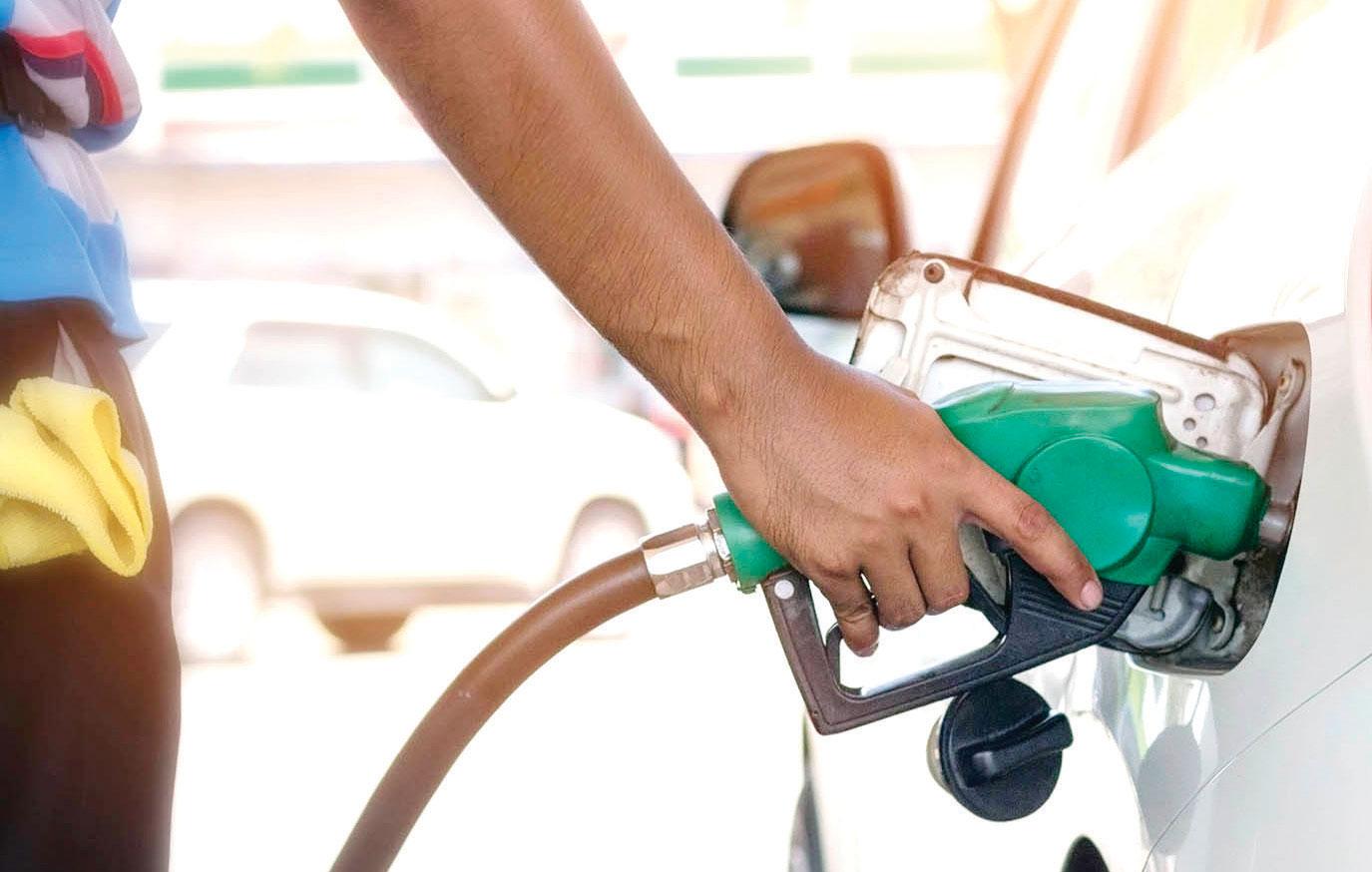Africa-Press – Malawi. Headline inflation rate (year on year) increased by 1.1 percentage points to 24.6 in July 2022 from 23.5 percent registered in the preceding month, according to the National Statistical Office (NSO).
During the same period last year, headline inflation was sailing in single digits, seen at 8.7 percent in July 2021 from 9.1 percent in June. NSO attributes the continued rise in the headline inflation to increases in both food and non-food inflation.
It shows that food inflation increased to 32.5 percent from 31.2 percent in the previous month while non-food inflation went up to 17.5 percent from 16.6 percent in June.
Economist from the Malawi University of Business and Applied Sciences Betchani Tchereni said the slight increase in inflation rate means that rising prices from the devaluation and increasing fuel prices are slowing down.
He said although the expectation is that the inflation will start heading back towards to the single digit, it remains at risk because food inflation rate seems to continue increasing and soon Malawi is heading towards the lean period.
“Maize prices have been on the rise and continue rising therefore maize being one big feeder to the inflation basket, inflation may continue rising albeit at a minimal rate,” he said.
Apart from robbing people of their purchasing power, rising inflation impacts different sectors of the economy including the cost of borrowing as it pushes central banks to adjust monetary policy upwards.
The Reserve Bank of Malawi recently adjusted upwards the country’s annual average inflation rate target to 23.2 percent from an earlier projection of 12.3 percent.
This is due to exogenous shocks emanating elevated commodity prices on the global market due to the Russo— Ukrainian War, among other factors. Since November last year, headline inflation has been on an upward spiral, skyrocketing to 23.5 percent in May 2022.
In the statement RBM says inflation continued to rise in the second quarter on account of many factors including rising costs of domestic fuel prices and pass-through of exchange rate depreciation.
Other reasons include price mark-up shocks on domestically-produced agricultural food commodities induced by the high costs of fertilizers, rising global food prices and speculation of low food production following unfavourable weather patterns during the 2021-22 agricultural season.
The central bank also slashed its Malawi economic growth projection for 2022 to 1.7 percent from of an earlier 4.1 percent estimate Justin Mkweu is a fast growing reporter who currently works with Times Group on the business desk. He is however flexible as he also writes about current affairs and national issues.
For More News And Analysis About Malawi Follow Africa-Press






